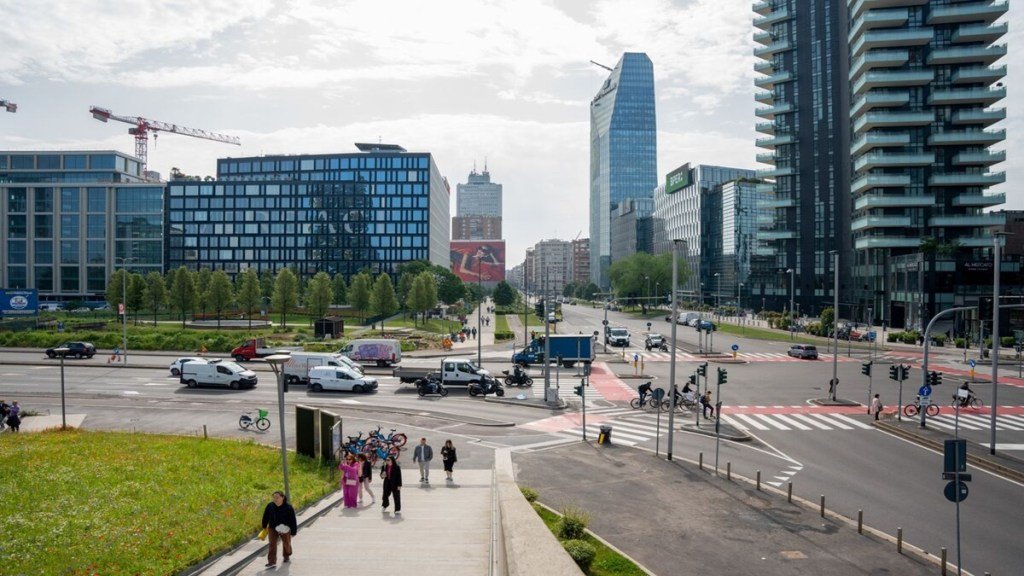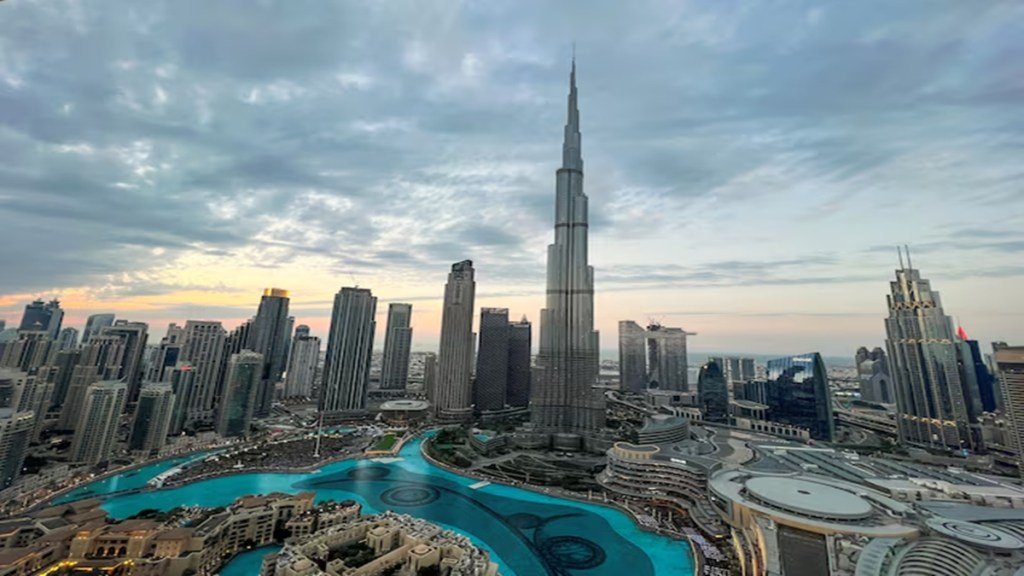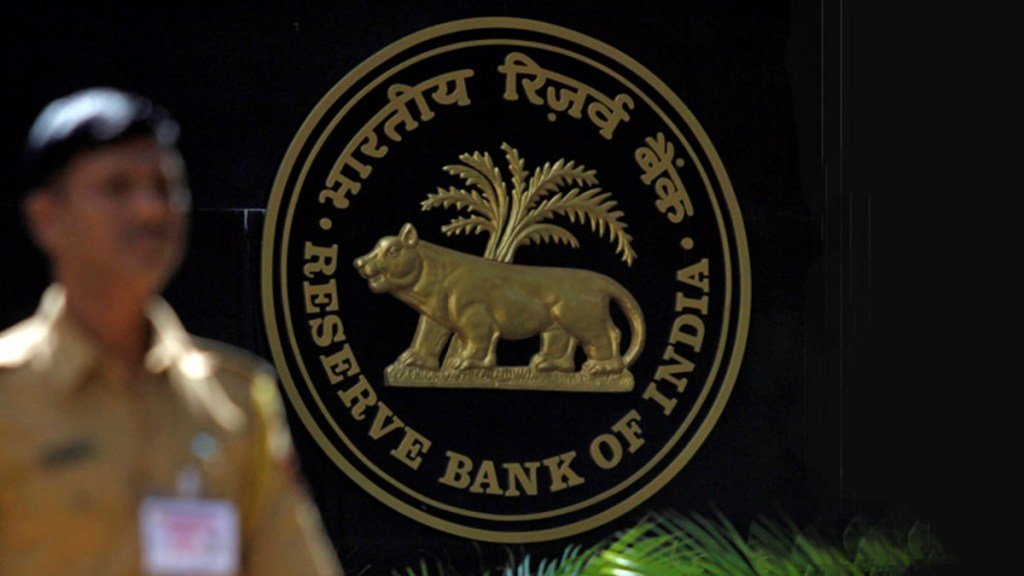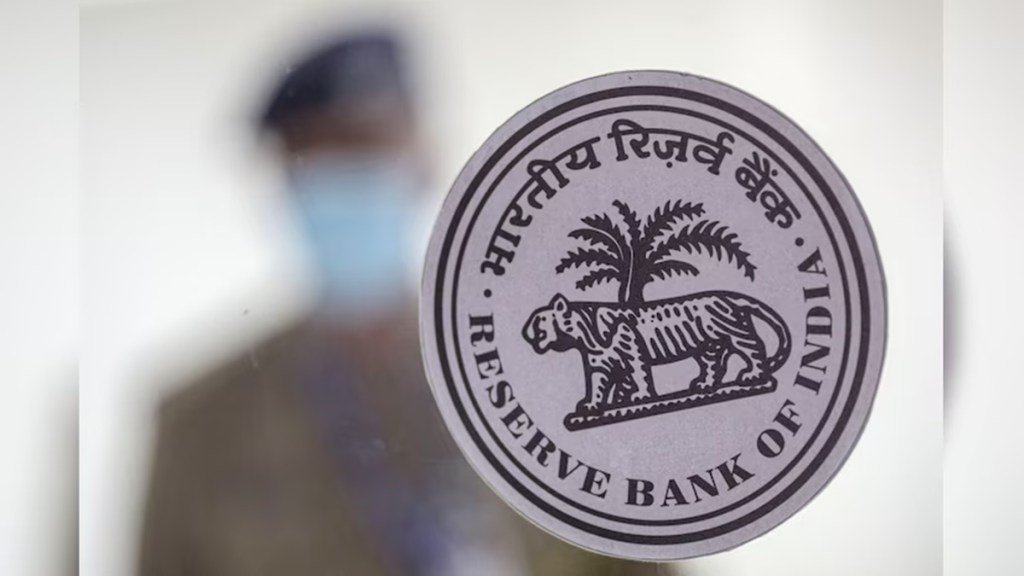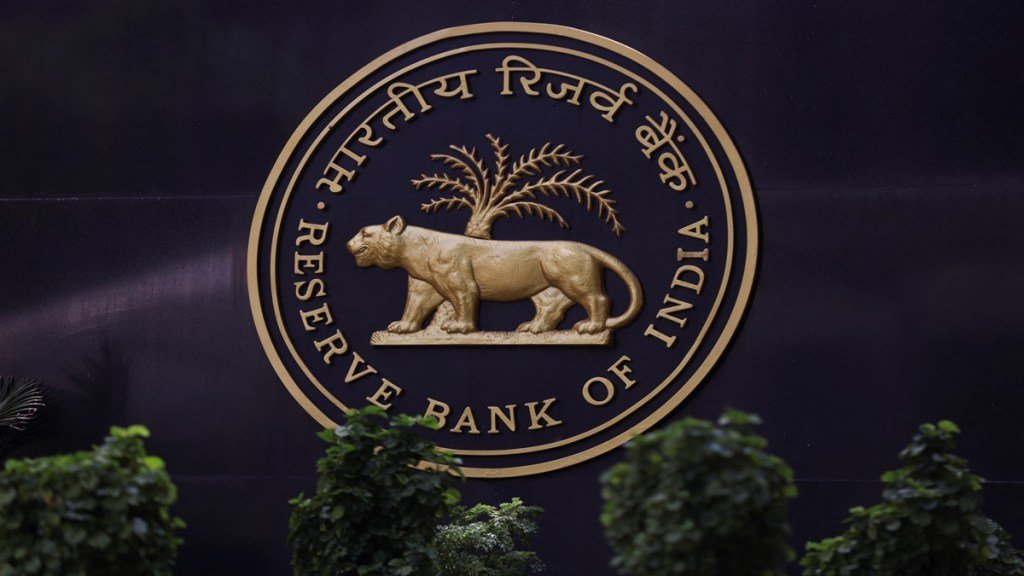
Despite increasing uncertainty surrounding visa policies in key destinations like the US, UK, and Canada, companies offering visa and consular services are anticipating more than 7% annual growth in new visa issuances through 2029. This positive outlook is largely driven by a strong surge in demand for tourist visas, which currently account for around 65% of the total visa market.
According to Shikhar Aggarwal, joint managing director at BLS International—which operates in 70 countries with ties to 40 foreign governments—there has been a noticeable rise in travel for leisure. “Governments globally are tightening their visa rules. In the short run, there’s some impact, but the overall volume continues to grow. Tourist visa demand remains strong even while other visa categories face policy headwinds. It’s becoming common for people to take multiple vacations in a year,” he noted.
Industry projections suggest that by 2029, tourist visas will represent up to 70% of the overall visa market. Meanwhile, categories like study, business, and work visas are expected to shrink. For example, student visa share is projected to fall from 15% in 2024 to 13% by 2029. Business and work visa shares could decrease from 19% to 16% during the same period.
Experts point to a sustained post-pandemic trend of leisure travel, often called “revenge tourism,” which continues to thrive due to rising disposable incomes and growing interest in experiential travel. Additionally, policies like visa liberalisation and visa-free travel within regions such as ASEAN have made international travel more accessible, further fueling growth in the tourism segment.
Conversely, several major countries are adopting more restrictive approaches toward student and work visas. The US, for instance, has paused new visa interviews for international students and is considering ending the Optional Practical Training (OPT) program, which has been a significant factor in attracting foreign students. Work visa programs like the H1-B are also facing increased scrutiny.
In the UK, upcoming changes could make it harder for immigrants to settle permanently, with plans to extend the wait time for permanent residency from five to ten years for certain applicants. This could particularly affect migrants from countries like India.



